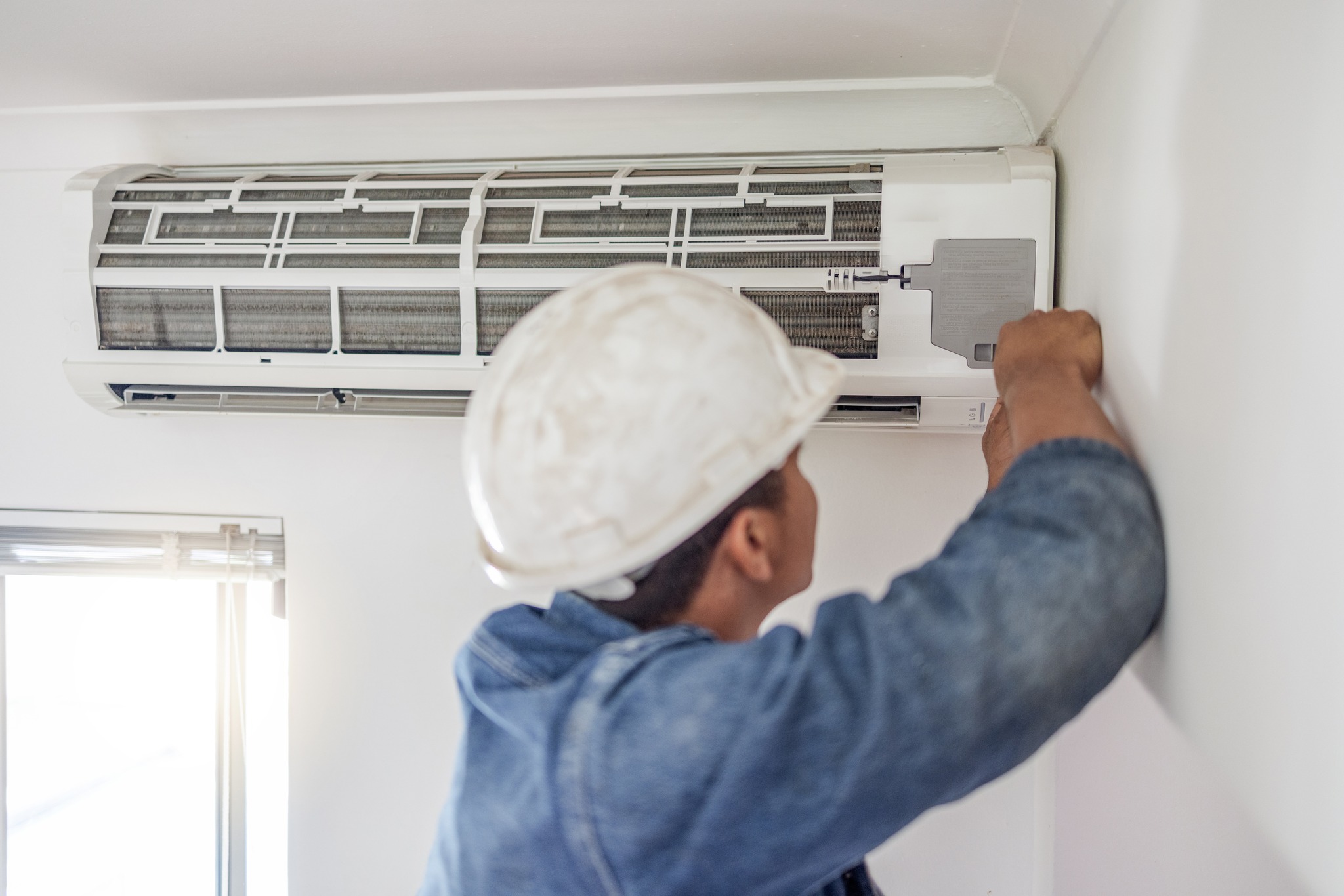Indoor air pollutants are substances that contaminate the air within buildings and can have detrimental effects on human health. Concerns arise regarding indoor air quality due to the presence of pollutants, which can originate from various sources. However, by understanding these concerns and implementing HVAC solutions, homeowners can address the issues and enjoy several benefits.
Indoor air pollutants can originate from a wide range of sources, including chemicals, combustion processes, building materials, furniture, cleaning products, and biological contaminants such as mold, bacteria, and pet dander. Prolonged exposure to these pollutants can lead to respiratory problems, allergies, asthma, and other health issues.
One of the main issues that indoor air pollutants pose is the deterioration of indoor air quality, which can negatively impact the health and well-being of occupants. Common symptoms of poor indoor air quality include headaches, fatigue, eye irritation, coughing, sneezing, and worsened respiratory conditions. It is important to address these concerns to create a healthy and comfortable living environment.
Implementing HVAC solutions can effectively mitigate indoor air pollutants and improve indoor air quality. HVAC systems can play a significant role in controlling and reducing the concentration of pollutants in indoor spaces. Some solutions include:
1. High-Efficiency Air Filters: Installing high-efficiency air filters in HVAC systems can effectively trap and remove particulate matter, such as dust, pollen, and pet dander, from the air.
2. Ventilation Systems: Properly designed and functioning ventilation systems help bring in fresh outdoor air and exhaust stale indoor air, diluting and removing indoor pollutants.
3. Humidity Control: Controlling humidity levels through HVAC systems can help prevent the growth of mold, mildew, and other biological contaminants that contribute to poor indoor air quality.
4. Regular Maintenance: Ensuring regular maintenance of HVAC systems, including cleaning ducts, replacing filters, and inspecting components, can help maintain optimal indoor air quality.
The pros of implementing HVAC solutions for indoor air pollutants include:
1. Improved Health and Comfort: By reducing indoor air pollutants, homeowners can enjoy cleaner and healthier air, leading to improved respiratory health and overall comfort.
2. Allergy and Asthma Relief: Effective control of indoor air pollutants can provide relief for individuals with allergies and asthma, reducing symptoms and improving quality of life.
3. Enhanced Indoor Air Quality: HVAC solutions improve overall indoor air quality, creating a healthier living environment for occupants.
Professional and highly skilled teams, such as A-Plus Quality, can provide expertise in addressing indoor air pollutants. A-Plus Quality offers guidance on HVAC solutions, air quality testing, and maintenance services to ensure a clean and healthy indoor environment.



